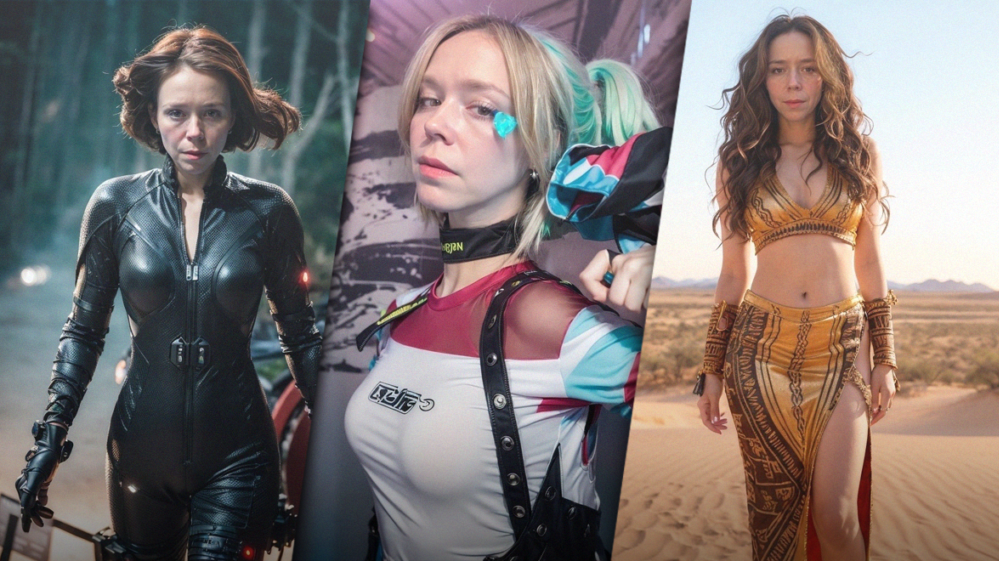Artisse, an innovative player in the AI-powered photo generation market, has recently secured $6.7 million in seed funding.
Artisse allows users to upload their selfies, which the app’s AI system uses as a base to learn their features. From there, individuals can employ either text or visual cues to craft new images of themselves in a variety of environments, poses, and styles. However, the defining feature of Artisse is its mission to achieve exceptionally realistic images. The goal is such that these AI-generated photos could easily be mistaken for professional photography.
Artisse, a key player in AI-enhanced photo creation, operates on a blend of its exclusive, proprietary technology and a selection of the best practices and tools from the open-source realm. This unique combination allows the AI app to create realistic images.
This has propelled Artisse to the forefront of the Google Play Store’s photo app category, where it has ranked as a top choice in various regions, including the U.S., U.K., Japan, South Korea, Canada, and Australia.
The app’s popularity is reflected in its impressive download figures, having been installed over 200,000 times. Moreover, the reach of Artisse is extensive, with its generated images touching an estimated audience of 43 million people on social media platforms, according to the company’s reports. Additionally, the company’s website highlights that users have created more than 5 million photos using the app, showcasing its widespread engagement and utility.
The startup’s founder William Wu has previously worked at McKinsey & Co. and Oaktree Capital for investments and strategy roles. Last year, he told TechCrunch that he was inspired to create Artisse after seeing so many people trying to perfect their photos on social media and dating profiles. He aspired to create a tool that would require no photography or extensive photo editing skills to create an ideal photo.
Wu claims that Artisse stands out among competing apps thanks to its ability to create more realistic images. This is because training Artisse takes longer at around 30-40 minutes, but the images are produced in minutes.






